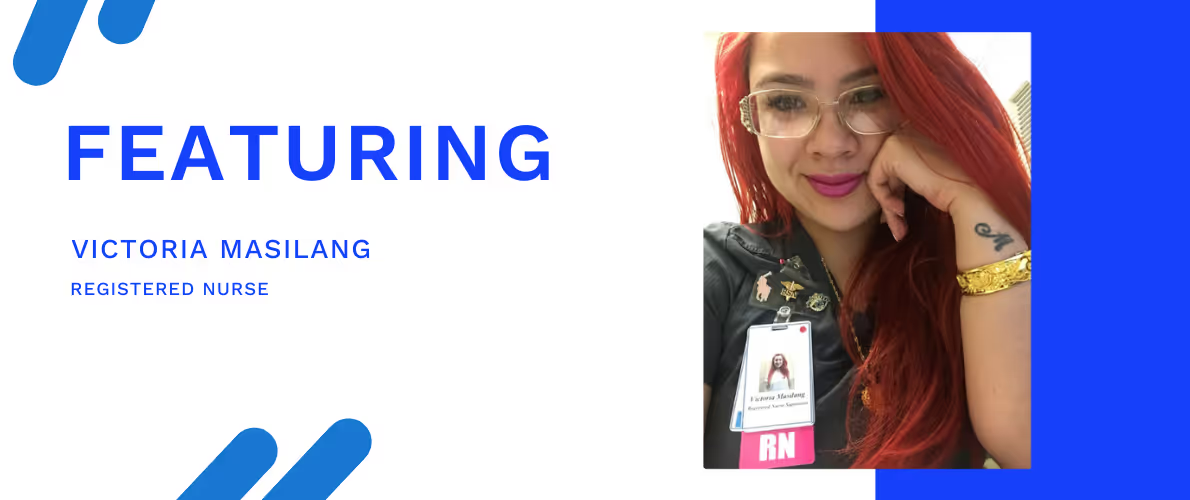Explore RN licensure requirements by state. Learn how to get your nursing license, NLC states, and multi-state RN license tips for all 50 U.S. states.


If you are thinking about changing jobs, this guide can help you take a step back, assess your job situation, and gain insight into how to move forward in your Advanced Practice career. Everyone has days when they don't want to go to work, even nurse practitioners (NPs) and physician assistants (PAs).


Introduction:- The U.S. healthcare industry is on track to have more than three million short-term employees by 2026, which is why DirectShifts is partnering with leading healthcare employers to complete their open health care services up to 50% faster than other solutions, reducing costs by up to 60%.


Today, we've asked Rebecca Walker, Managing Partner of Cambiati Wellness Programs to explain how Nurse Practitioners and Physician Assistants can increase their energy levels through diet. Cambiati is a California-based Health Wellness company that specializes in helping people transform their lives with nutrition.


We are pleased to feature Victoria Masilang, working with DirectShifts as a Registered Nurse with 6 years of experience in the healthcare industry under her belt. A highly enthusiastic nurse with a contagious and positive work ethic, Victoria has exceptional skills in assessing, screening, and carrying out prescribed treatment of patients to support the long-term mission of healthcare organizations.


Marijuana is legal in 36 states in the US and the Province of Columbia and is getting legalized in many other states. Although illegal, it has gained popularity due to its therapeutic properties and ability to treat many conditions such as chronic pain, posttraumatic stress disorder (PTSD), fainting, multiple sclerosis, etc.


A free-to-use mobile app for clinicians to find their next big opportunity is here! Welcome to the DirectShifts Healthcare Job app. A job marketplace built for clinicians by clinicians. DirectShifts offers a variety of healthcare jobs, including permanent roles, per-diem shifts, locums, and travel positions, by using an AI-based platform. Find the DirectShifts healthcare job app on the App Store as well as on Android devices.
